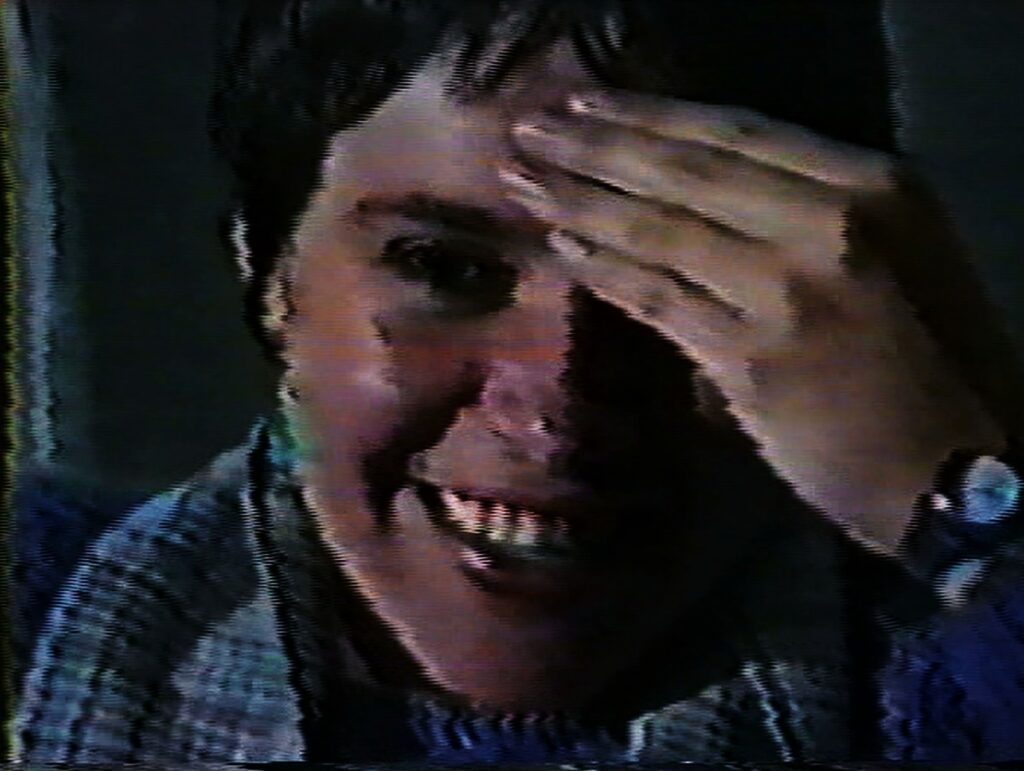
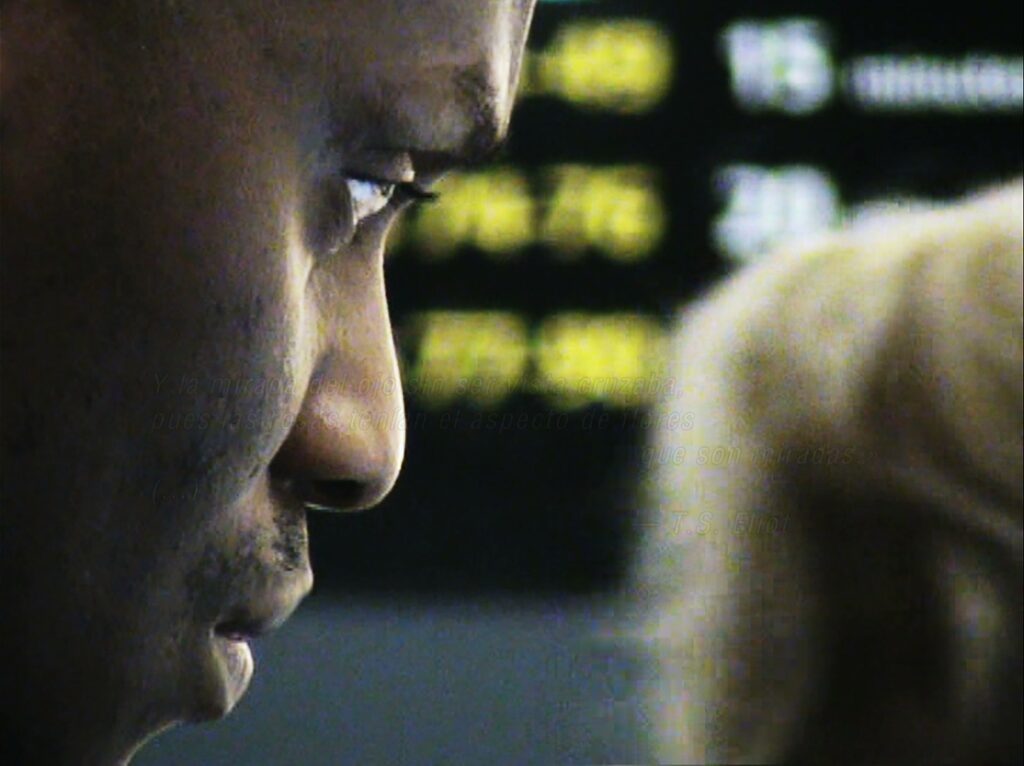
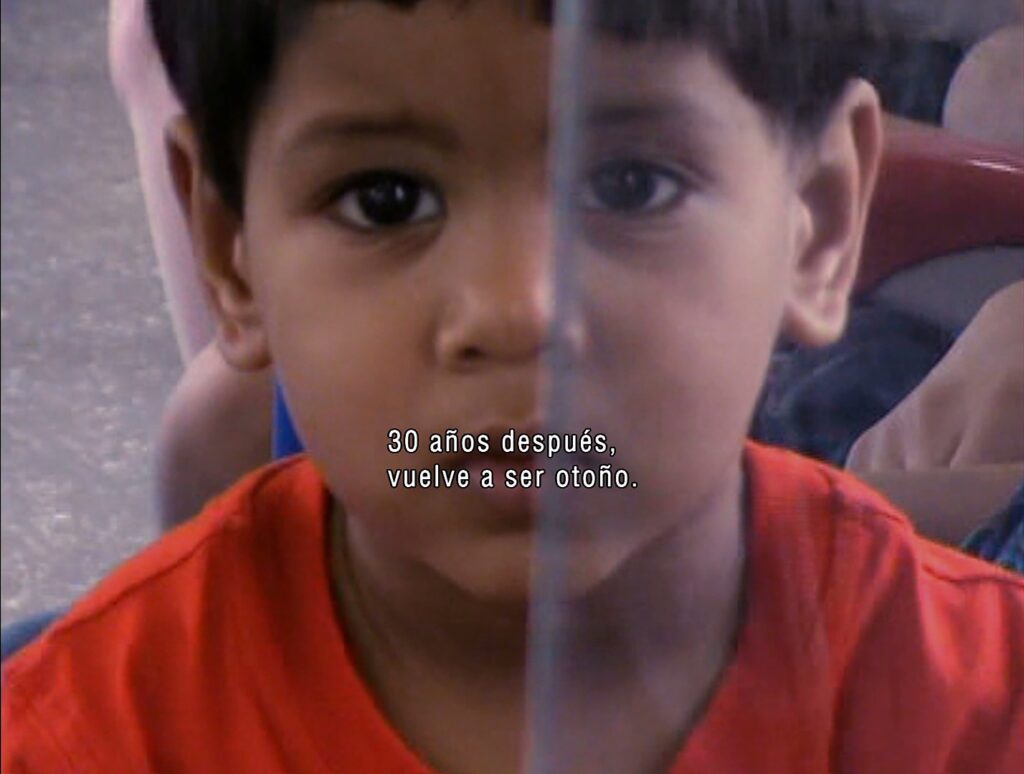
Parable of the Return
Wilson left home in Medellin (Colombia) on his way to Bogota but never arrived at his destination. Thirty years later, after peace agreements with the FARC have drastically altered his home country, he returns from exile in London to meet his family who believed him dead. Wilson’s plane journey shapes a parable inspired by a poem by (Columbian writer) Porfirio Barba Jacob.
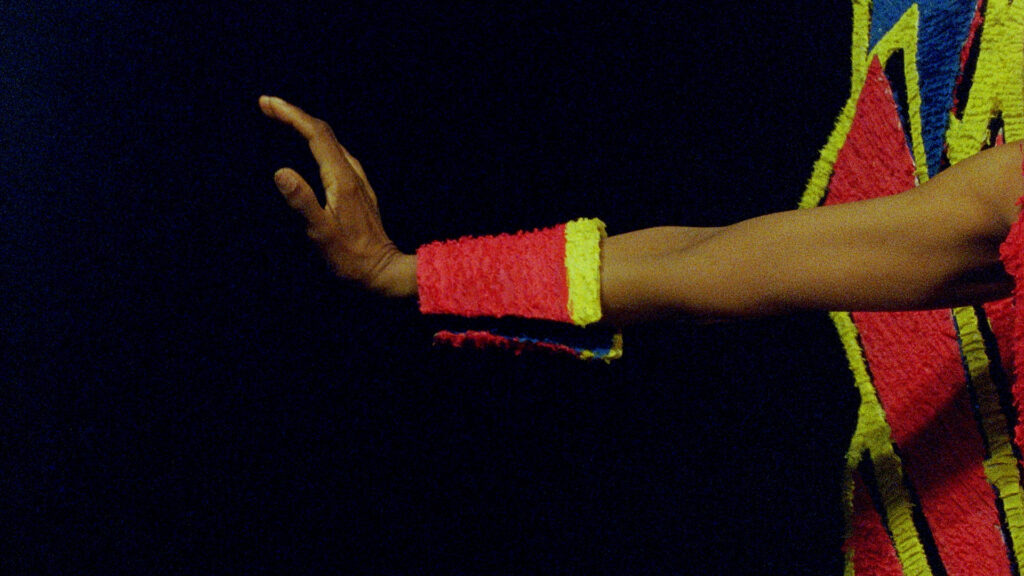
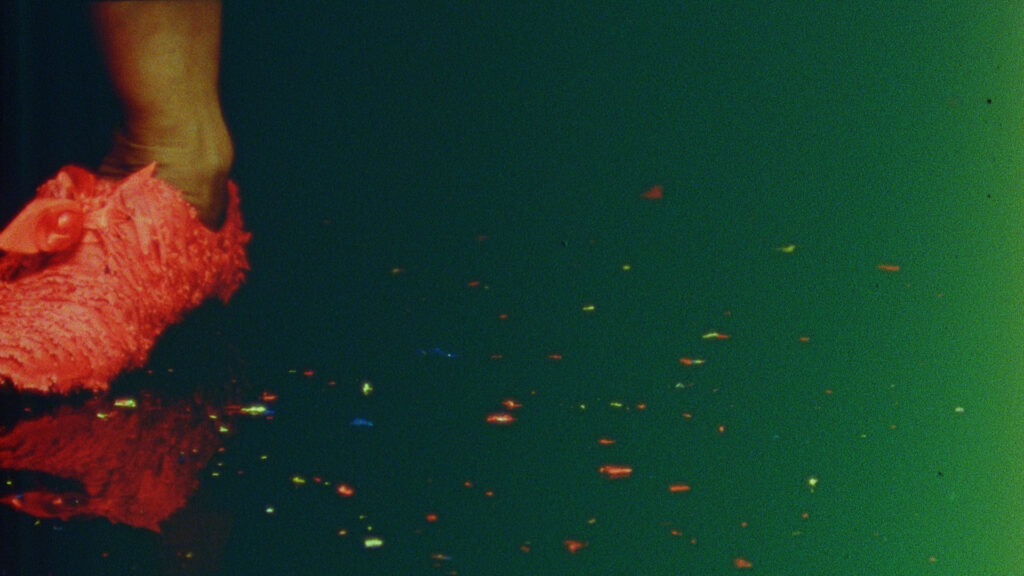
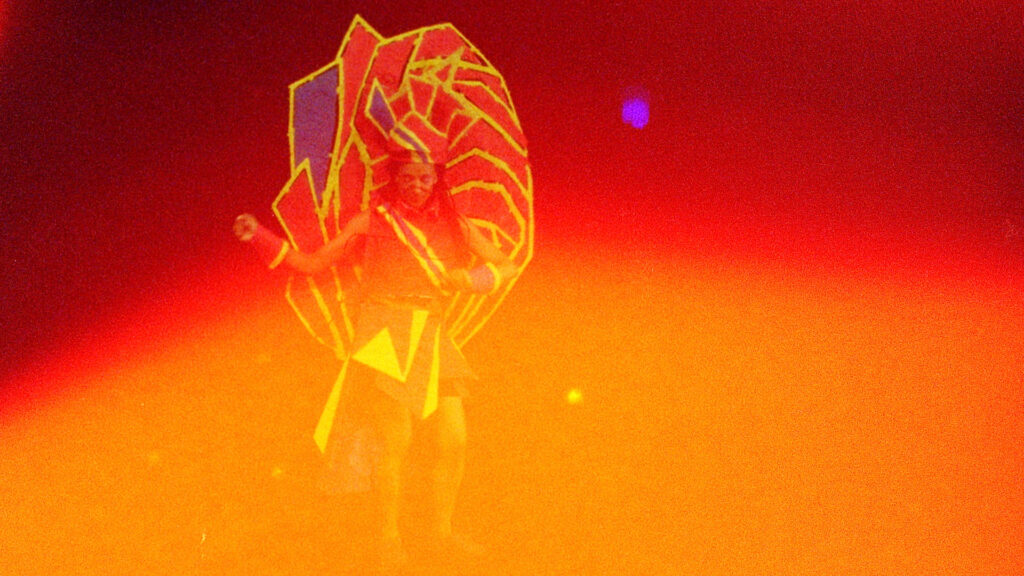
Junkanoo Talk
Who has the authority to speak about a given culture? Junkanoo Talk investigates the language of celebration through carnival.
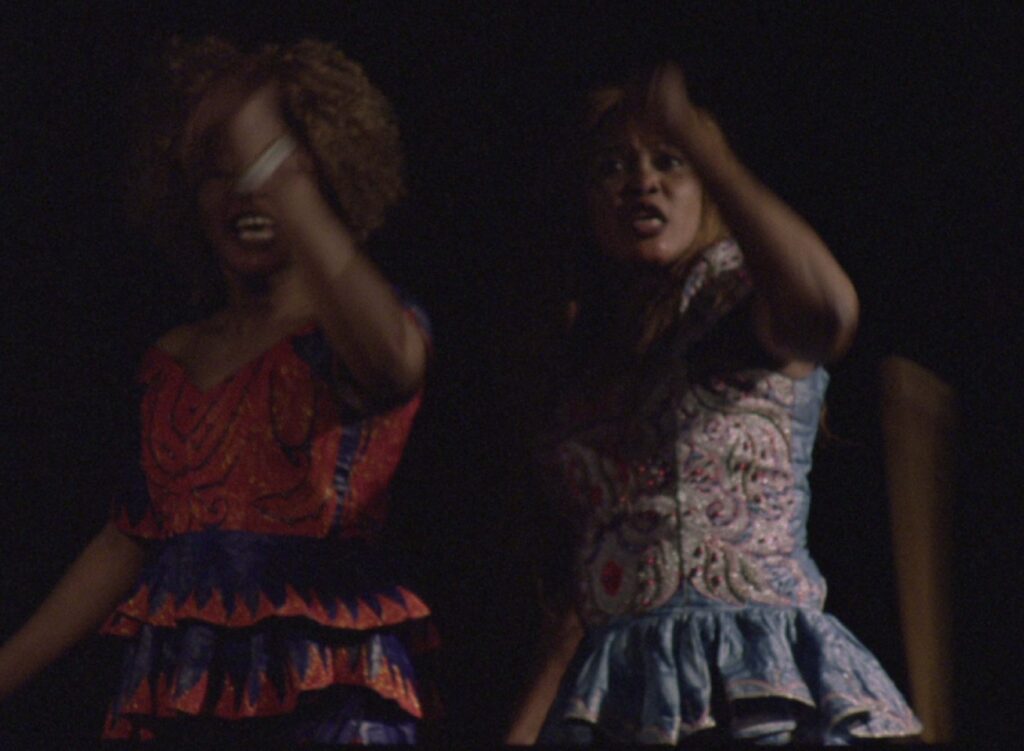
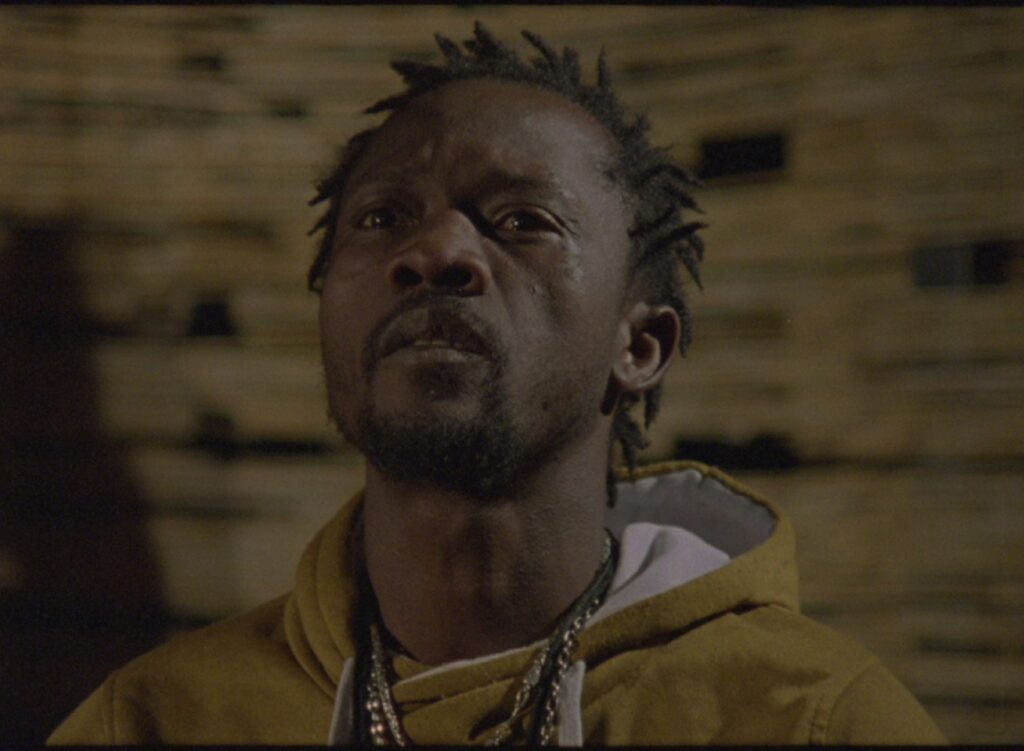
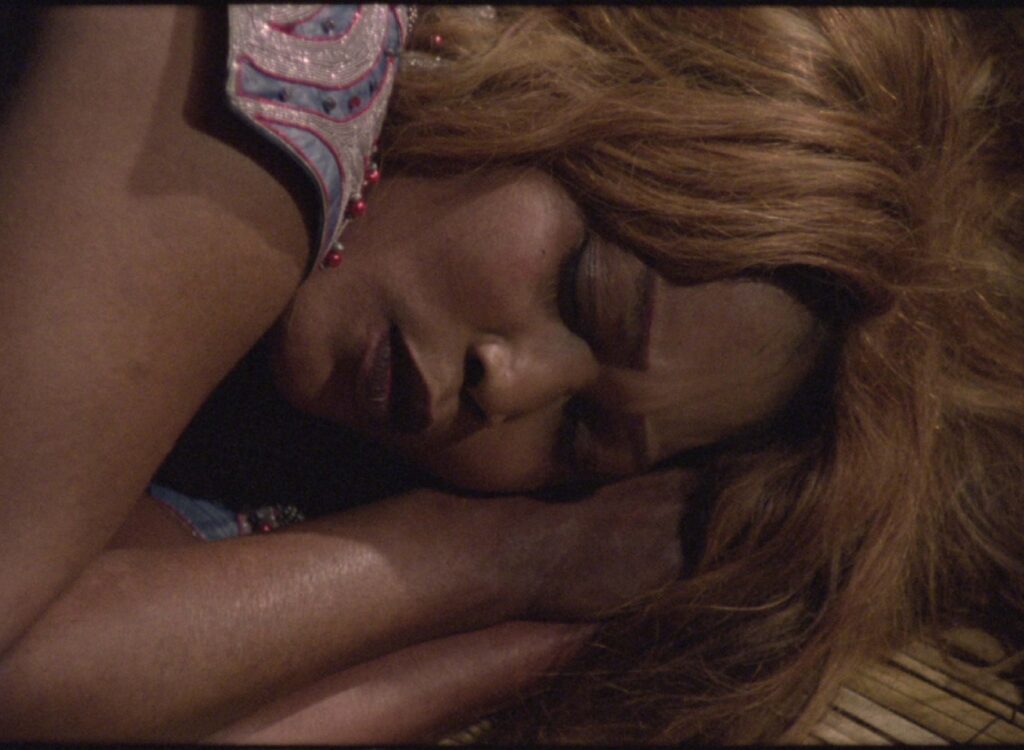
La Bouche
A man learns that his daughter has been brutally murdered by her husband. Time stands still as he oscillates between the need for solace and his urge for revenge.
A musical featuring Guinean percussion master, Mohamed Bangoura ‘Red Devil’, loosely based on his own story.

